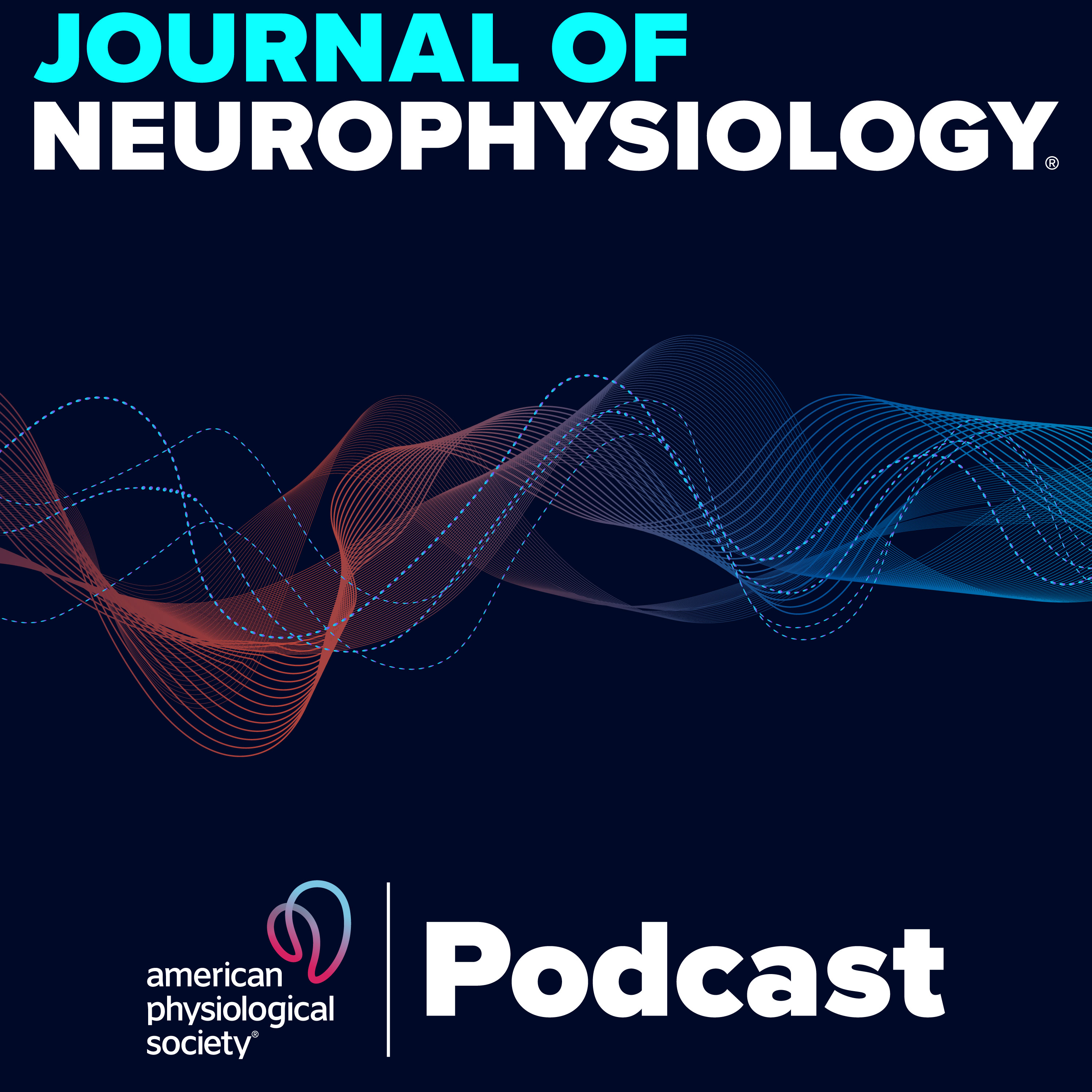Episodes

Friday Mar 11, 2022
New insights into how general anesthetics interfere with memory formation
Friday Mar 11, 2022
Friday Mar 11, 2022
What are the most important classes of anesthetics and their use? Do anesthetics affect GABA-A receptor expression or composition? In this podcast author Dr. Robert Pearce of the University of Wisconsin-Madison discusses these questions and more as he goes over his recent research titled “ Hippocampal β2-GABA-A receptors mediate LTP suppression by etomidate and contribute to long-lasting feedback but not feedforward inhibition of pyramidal neurons” with Editor-in-Chief Prof. Nino Ramirez. Etomidate exerts its anesthetic actions through GABA-A receptors. But exactly how does this prevent memories from being formed? Here, using a hippocampal brain slice model, Dr. Pearce and his colleagues showed that GABA-A receptors that incorporate the β2 subunit are essential to LTP suppression by etomidate. They also showed that although these receptors are found primarily on interneurons, β2-GABA-A receptors on pyramidal neurons do contribute to long-lasting inhibition, through feedback, but not feedforward, circuits. Their results have direct implications for understanding how anesthetics block memory formation, and also more generally how inhibitory circuits control learning and memory.
Alexander G. Figueroa, Claudia Benkwitz, Gabe Surges, Nicholas Kunz, Gregg E. Homanics, and Robert A. Pearce
Hippocampal β2-GABAA receptors mediate LTP suppression by etomidate and contribute to long-lasting feedback but not feedforward inhibition of pyramidal neurons


No comments yet. Be the first to say something!